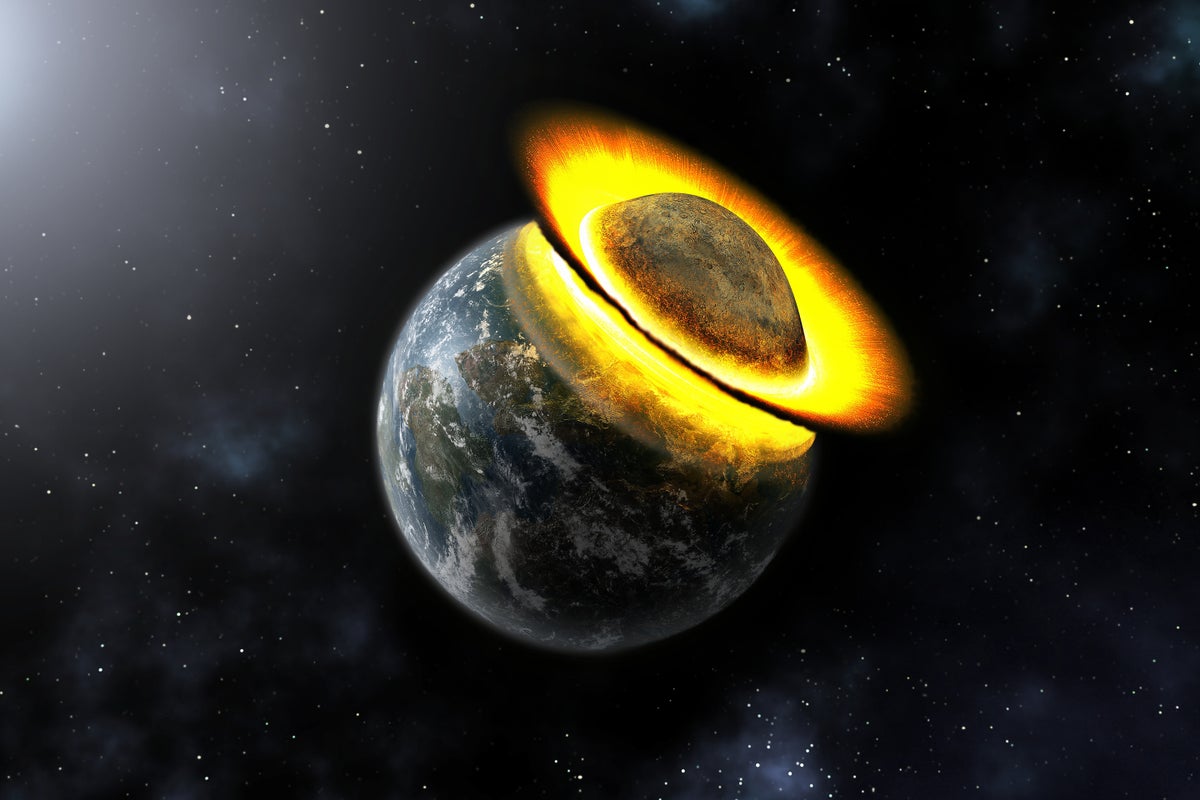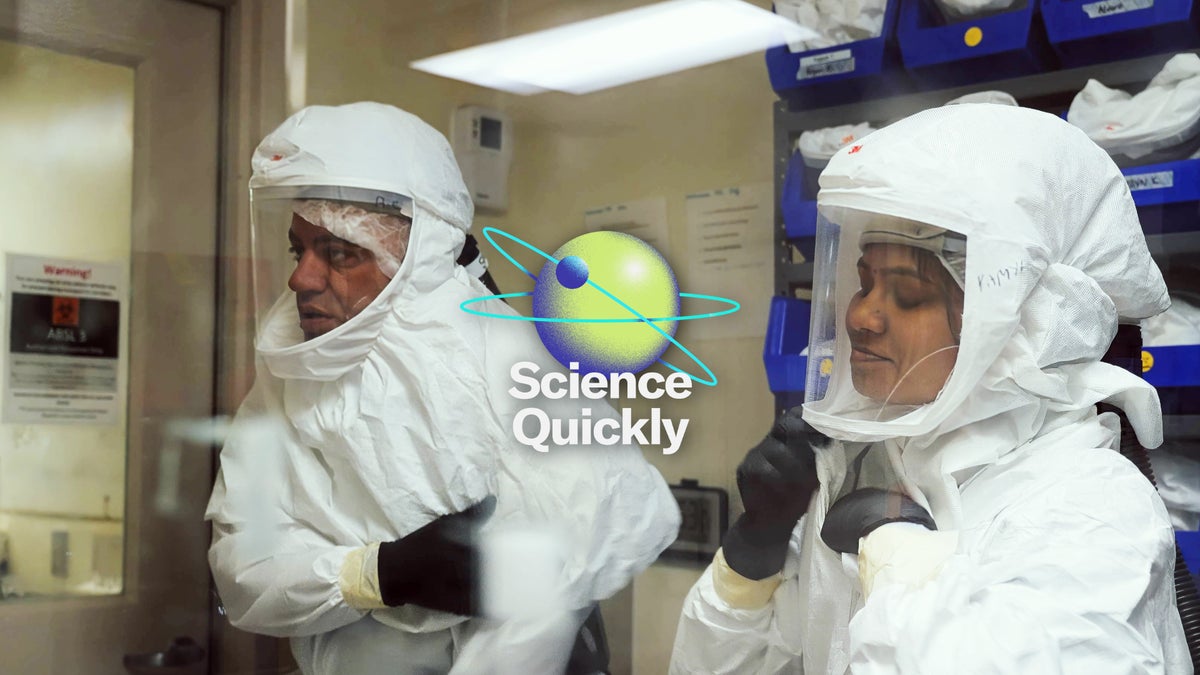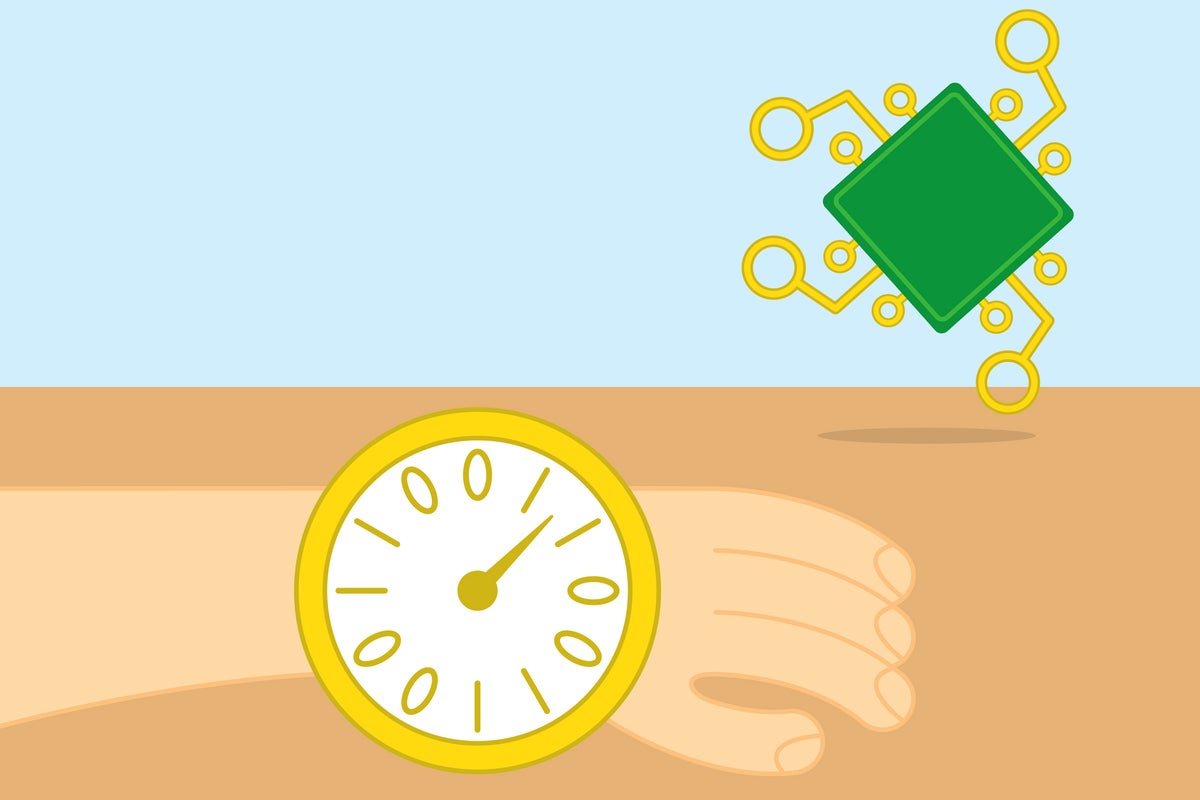Now Reading: Could a Passing Star Push a Planet Out of Our Solar System?
-
01
Could a Passing Star Push a Planet Out of Our Solar System?
Could a Passing Star Push a Planet Out of Our Solar System?

Swift Summary:
- The Milky Way galaxy contains billions of stars but is sparsely populated in terms of distances between stars, with the closest star to the sun being over four light-years away.
- past stellar encounters include Scholz’s star, which passed within 0.85 light-years of the Sun around 80,000 years ago; future encounters like Gliese 710 are predicted to occur at a closer distance of 0.17 light-years in about 1.3 million years.
- Stellar close passes can effect objects in the solar system’s Oort Cloud, possibly nudging comets toward inner planets and even triggering mass extinction events-though Scholz’s star posed no importent threat when it passed due to its small mass and speed.
- Research using advanced simulations shows that planetary orbits are slightly destabilized by stellar encounters over billions of years:
– Pluto has a 4% chance of ejection from the solar system within five billion years.
– Mercury faces an increased risk (1% plus an additional 0.56%) of falling into the Sun or being flung out into space due to gravitational instabilities triggered by passing stars.
– mars has a similar fate risk at approximately 0.3%, while earth has just a low yet consequential possibility (0.2% chance) for collision or galactic ejection.
Indian Opinion Analysis:
The new findings add nuance to long-term models for solar system evolution, highlighting how rare stellar interactions across vast astronomical timelines may influence planetary stability far more than previously understood. For India-a nation advancing its astronomy and aerospace technology sectors-such studies reinforce why investments in deep-space exploration remain crucial for scientific preparedness against unpredictable cosmic events.
While these occurrences lie inconceivably far into Earth’s future (billions of years), they accentuate our collective understanding regarding celestial dynamics and planetary resilience amidst external disruptions such as passing stars or even rogue planets that function beyond human-scale hearings/timelines.Education scaled renewed planetary risk ratios affects long-term fund acceptance doubts aren’t irrational fears rather systems sparked nuanced known preparedness aspects ensuring permanent thinking foundational accuracy science bases matter diversified effects Truth tracking paths-forward funding.connectivity Read more:
Read More
























